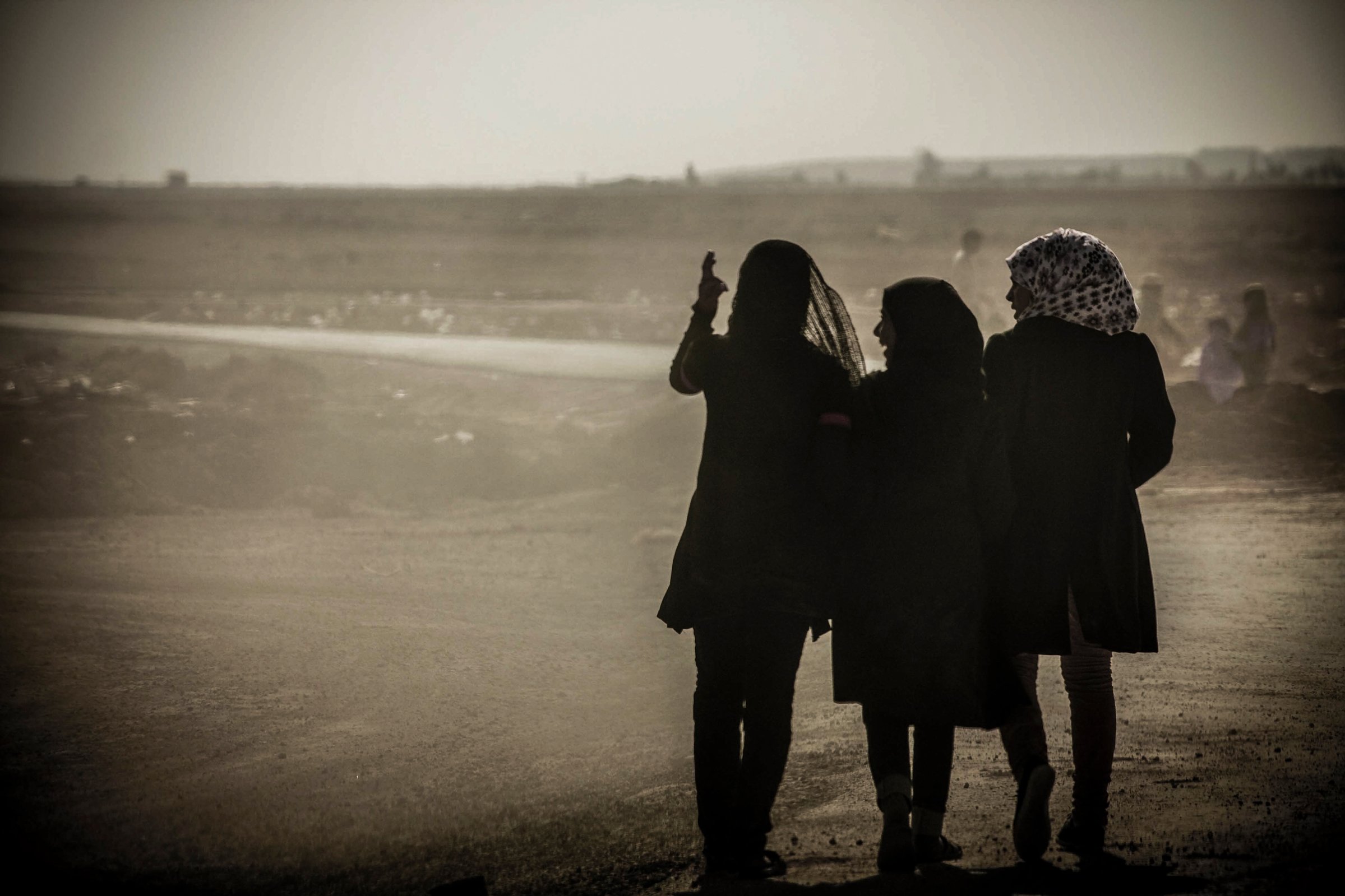
Of the 136 million people who will need humanitarian assistance and protection in 2018, an estimated 34 million are women of reproductive age and 5 million are pregnant.
Behind these statistics are real people: The pregnant woman fleeing conflict, who has no choice but to give birth in unimaginable conditions; the adolescent girl who loses her home to an extreme weather event and may become the target of sexual violence; and the young woman living in a camp without access to modern contraception.
This Mother’s Day, Americans are expected to spend $23.1 billion on flowers, cards and other gifts — more than 23 times the annual operating budget of the United Nations Population Fund (UNFPA), the largest global provider of maternity care and reproductive health services in humanitarian emergencies. UNFPA estimates that, across the globe, more than 500 girls and women die in emergency situations every day from complications due to pregnancy and childbirth. Three in five preventable maternal deaths happen in areas of conflict, displacement or natural disaster. If we truly want to celebrate motherhood this year, we must stand up for funding for the health of these girls and women.
Last year, after a history of leading support for the organization, the current U.S. Administration chose to stop supporting UNFPA, cutting funding from lifesaving humanitarian response in places like Syria, Yemen, and Iraq. This was a grave decision. A few weeks ago, I saw the transformative impact of UNFPA’s work on the ground in the Za’atari refugee camp in Jordan, where I met Yasmin, a healthy newborn, and her mother. Yasmin is one of the more than 9,000 babies safely born in the only maternity clinic in the camp since it opened in 2013.
Although her family had to flee the brutal conflict in Syria, and her life began as a refugee, Yasmin has not been forgotten. She has had help from the U.N. She was delivered by skilled care, in a safe environment provided by Za’atari’s women’s clinic, which UNFPA manages in partnership with the Jordan Health Aid Society. And she will be back to the same clinic in the near future to receive lifesaving vaccinations. New mothers, like Yasmin’s mother, also receive vital care there — at least eight antenatal visits as well as breastfeeding counseling and family-planning services after birth.
The organization is often the first — and in some cases the only — women’s health care provider in humanitarian crises, reaching more than 10 million girls and women in 53 countries last year with pregnancy checkups, safe childbirth services, family planning, dignity kits with essential supplies, HIV/AIDS prevention services, gender-based violence counseling and more.
While food, water and shelter are vital elements of humanitarian response, so are women’s health services. There is still too much stigma associated with women’s basic health needs, like sanitary napkins and contraception, but these essential needs do not go away in an emergency. And as conflict and climate change continue to increase needs, we need to make sure UNFPA and its other humanitarian partners like the Jordan Health Aid Society have the resources they need to help.
Investing in the health and rights of girls and women — and empowering them to plan their futures and their families — yields direct returns for the U.S. and the entire global community. It sparks a ripple effect, generating not only healthy and empowered girls and women, but more stable communities and nations.
On this Mother’s Day, as we celebrate mothers around the world, let’s also speak out to support those in humanitarian emergencies. The international community — including the U.S. — should do more to protect the health and lives of mothers and daughters.
More Must-Reads from TIME
- Why Trump’s Message Worked on Latino Men
- What Trump’s Win Could Mean for Housing
- The 100 Must-Read Books of 2024
- Sleep Doctors Share the 1 Tip That’s Changed Their Lives
- Column: Let’s Bring Back Romance
- What It’s Like to Have Long COVID As a Kid
- FX’s Say Nothing Is the Must-Watch Political Thriller of 2024
- Merle Bombardieri Is Helping People Make the Baby Decision
Contact us at letters@time.com